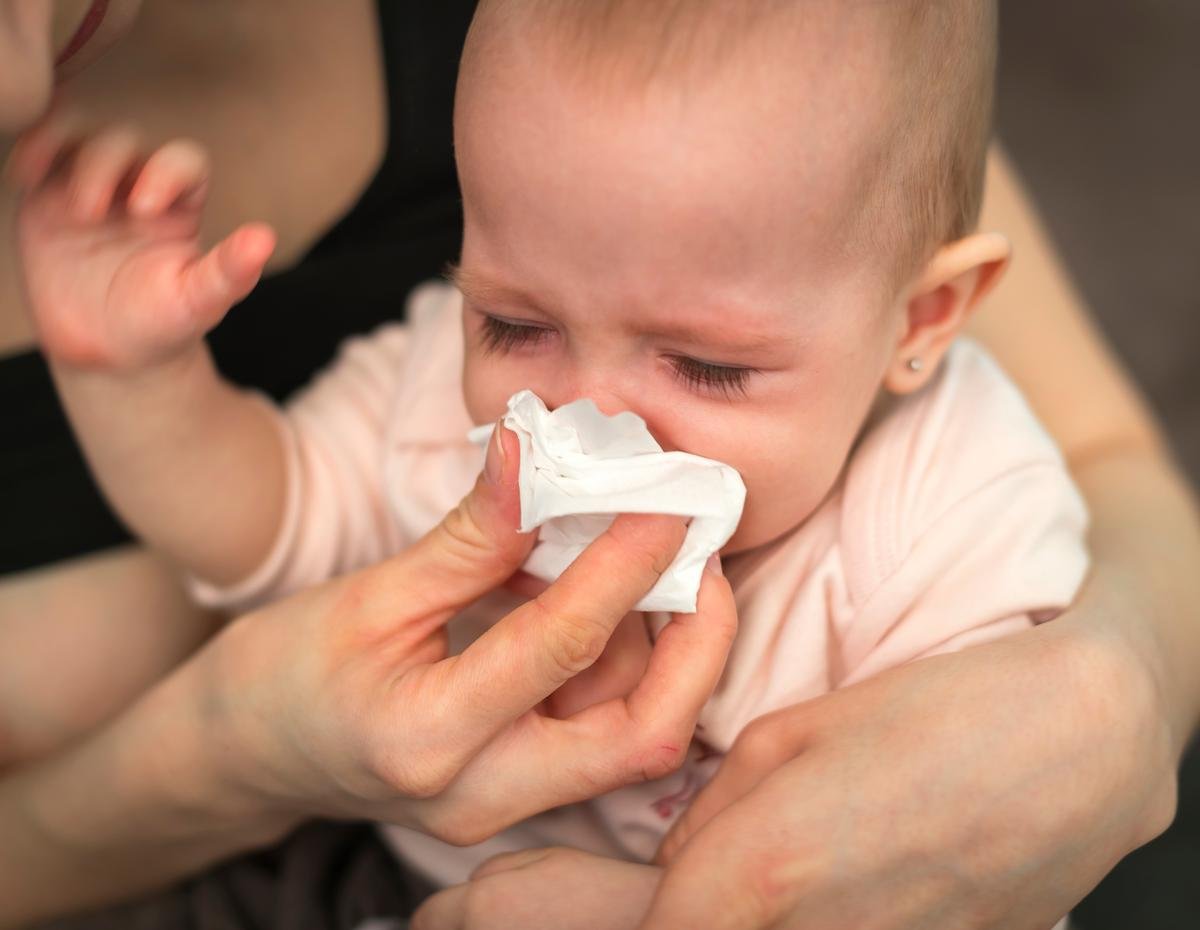Highest risk seen in young children aged 6 to 24 months
By Lori Solomon HealthDay Reporter
WEDNESDAY, Sept. 4, 2024 (HealthDay News) — First-generation antihistamines are associated with a higher seizure risk in young children, according to a study published online Aug. 28 in JAMA Network Open.
Ju Hee Kim, M.D., from the Kyung Hee University Medical Center in Seoul, South Korea, and colleagues evaluated associations between prescriptions of first-generation antihistamines and seizures in children. The analysis included data from the National Health Insurance Service database in Korea for children born in 2002 through 2005, who visited the emergency department for seizure events through 2019.
The researchers identified 11,729 children who had a seizure event and were prescribed antihistamines during the hazard period (one to 15 days before seizure; 1,476 children) or the control period (31 to 45 days before seizure [1,239 children] or 61 to 75 days before seizure [1,278 children]), but not both. Most seizure events occurred in children aged 6 to 24 months (31.0 percent) and 25 months to 6 years (45.5 percent). First-generation antihistamine prescription was associated with an increased seizure event risk during the hazard period (adjusted odds ratio [aOR], 1.22). This risk was even higher in children aged 6 to 24 months who were prescribed first-generation antihistamines (aOR, 1.49) versus children aged 25 months to 6 years (aOR, 1.11).
“These findings emphasize the need for careful and judicious prescription of first-generation antihistamines in young children and underline the need for further research to elucidate associations between antihistamine prescriptions and seizure risk,” the authors write.
Copyright © 2024 HealthDay. All rights reserved.








